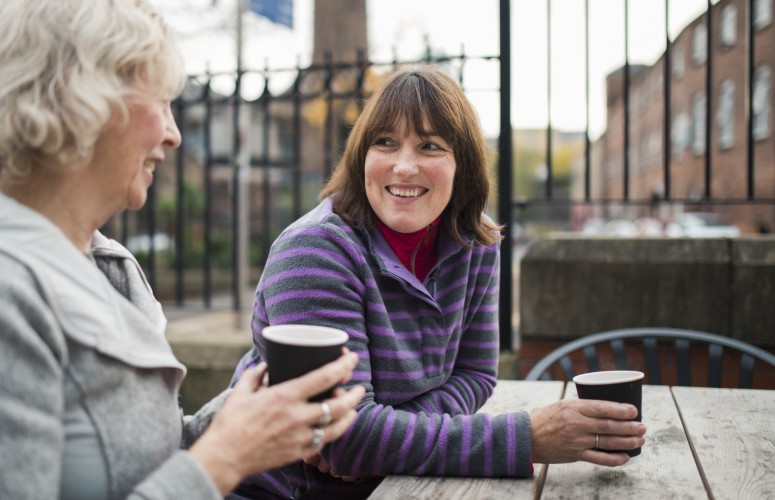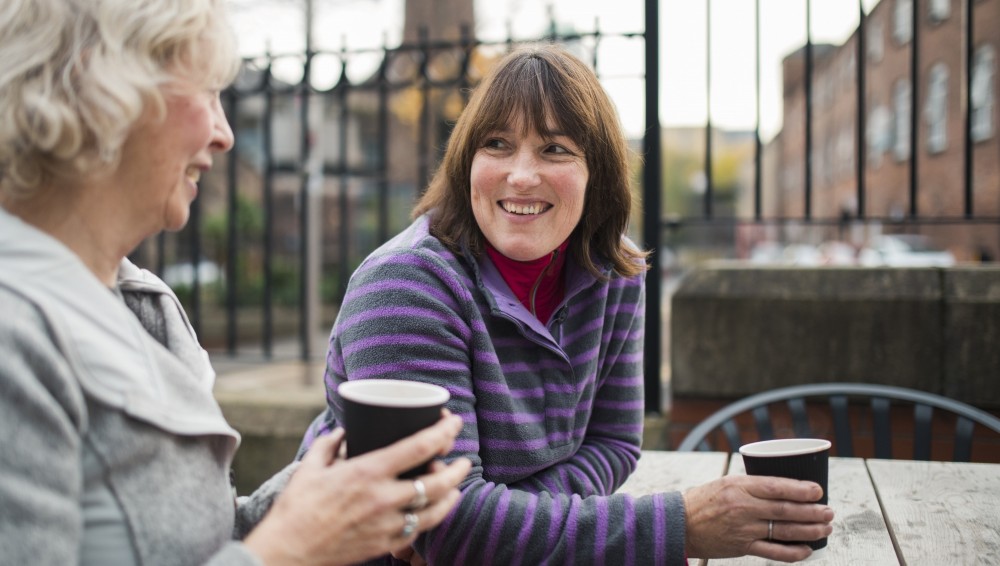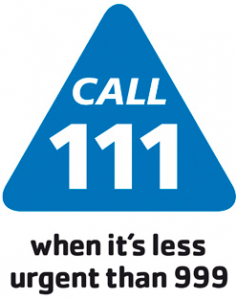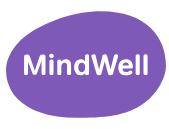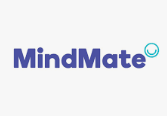Introduction
The Community Dental Service (CDS) is part of Leeds Community Healthcare NHS Trust. It provides NHS dental treatment for children and adults who, for various reasons, cannot receive the treatment they need in a general dental practice.
Most of our patients have additional needs. These can be physical, sensory, intellectual, mental, medical, emotional or social impairment, or more often a combination of these. Therefore all our dental suites have a range of facilities to make sure they are fully accessible.
New patient appointments
We are a referral-only service, which means that a health or social care professional (such as a family dentist, doctor or health visitor) would have referred you to us for an assessment.
Along with this leaflet is a letter giving you the date, time, and place of your first appointment. Please read it carefully. If you need help to do this or have any questions please call our central booking team: 0113 392 9875.
What happens if I cannot attend?
If you are not able to keep your appointment, please let us know as soon as you can so that we can offer the appointment to someone else. Missed appointments mean wasted time and money.
If you need to cancel your appointment, you must try to tell us at least 24 hours before. If you cancel twice in a row you may be discharged from our service.
Important
If you don’t come to your first appointment you will be discharged from our service. We will let the person who referred you know and, if appropriate, the Safeguarding Team. If you still need an appointment you must ask to be referred to us again and we will add you back on to our waiting list.
How to find us
- Middleton Health Centre, Acre Close, Middleton, Leeds, LS10 4HT
- The Reginald Centre, 263 Chapeltown Road, Leeds, LS7 3EX
- Yeadon Health Centre, 17 South View Road, Leeds, LS19 7PS
Getting to the clinic
All our clinics have parking and bus stops close by. Here is some information that may help you get to us if you do not have your own transport:
- If you usually use hospital transport, you can get this by asking your doctor’s surgery.
- Public transport. Metro:113 245 7676 www.wymetro.com
- If you use the Access Bus to go shopping, you may be able to use it to get to your dental appointment: 0113 3481903.
- Contact a local voluntary agency that may provide a voluntary drive scheme: 0113 391 8333 www.leedsdirectory.org
- Leeds Alternative Travel can provide a service for those who find it hard to use taxis or public transport. Drivers are trained to help passengers from door to door: 0113 386 8880 www.yourcar.org.uk
If you receive the high rate mobility component of the Disability Living Allowance or War Pensioners Mobility Supplement you must use this to pay for your transport costs to clinic.
If you are on a low income you may be able to get help with travel costs, keep receipts and records of your journeys and see www.nhs.uk for information on how to claim for a refund.
Getting ready for your first appointment
- You must fill in the medical history questionnaire that is with your appointment letter. Bring the questionnaire and a list of all the medicines you take to your appointment.
- If you need an interpreter or any other support / adjustments for your appointment please call the central booking team on 0113 392 9875
- If you need to use a hoist to transfer onto the dental chair, please bring your own sling with you and we will check if it can be used with our equipment.
- If you have a traffic light / hospital assessment or child health record please bring this with you to the appointment.
- If you are accompanying a child to their appointment you must have parental responsibility / be able to make legal decisions about their dental treatment.
- If you will be coming with a carer they must know you and your medical / dental needs so they can give us extra information about you if we need it. Your carer will need to stay with you in the clinic during your appointment.
What happens after this appointment?
If you need more appointments the dental receptionist will book these for you at the clinic most suitable to carry out your treatment.
The dentist may decide that we cannot treat you. If this happens we will discharge you and let the person who referred you know.
When we have finished your treatment, unless you are unable to attend a general dental practice, you will be discharged. You therefore need to stay registered with your usual dentist who will continue to see you for your routine check-ups and treatment.
NHS charges and exemptions
Our service is not free, if you usually pay for dental treatment we will ask to make a payment before you go in to see the dentist. Depending on your treatment you may need to make more payments until the cost is covered. Full payment must be made by the end of your course of treatment within a maximum of 4 payments. The posters in our waiting rooms show current NHS dental charges.
If you don’t pay for dental treatment you must bring ‘proof of exemption’ to your first appointment. Please read the information on the back of your appointment letter for details of exemptions. If you are on a low income you may be able to get help with your dental cost. Ask for an HC11 ‘Help with health costs’ leaflet from our clinic receptionist, or visit www.nhs.uk and search for ‘help with health costs’.
Urgent treatment and out of hours care
If you need urgent treatment to relieve pain or stop your dental problem getting worse before your appointment with us, please contact your own dentist. If you do not have a dentist, or it is outside normal opening hours, call NHS Direct 111.
Patient identifiable information
Information about you is always treated as confidential. Sometimes, in order to provide safe, high quality care, the dental team may need to talk with other professionals looking after you (e.g. other dentists, doctors, nurses or social care professionals). Wherever possible, we will only share information with your consent. Whenever we use your personal information we will always follow the Data Protection Act guidelines.
